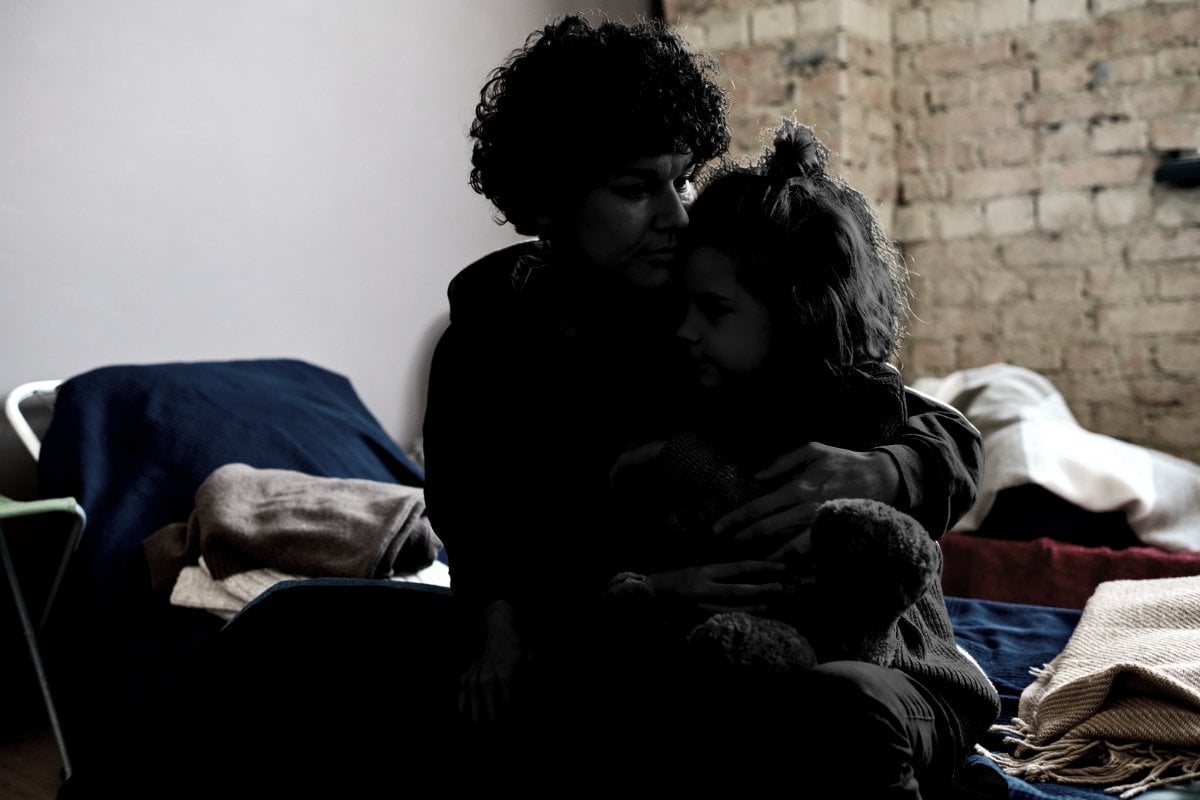
This story discusses extreme family violence and mental health issues and might be triggering for some readers.
When Renee* comes rolling through the doors of the Safe Steps Family Violence refuge, she is frenetic.
Her movements are quick. Sharp. And her words are too.
In tow are her four children - aged 16, 14, 12 and 9 - negotiating overflowing bags of groceries.
"Oh my God the traffic was insane and the bus went through roadworks on the way back from the shopping centre and can you believe they’re doing roadworks on a main road on a Friday afternoon seriously who would ever think that's a good idea," she exhales.
Her nails are a blur of hot pink gel, a contrast to the black of her activewear. She looks to be nearing the end of her 30s - although she leans in later with a slight smile to tell me she is in fact, in her late-40s.
We find a shady space to sit together in the courtyard.
Her oversized sunglasses remain on.
Spotting the red flags of domestic violence. Article continues after video.
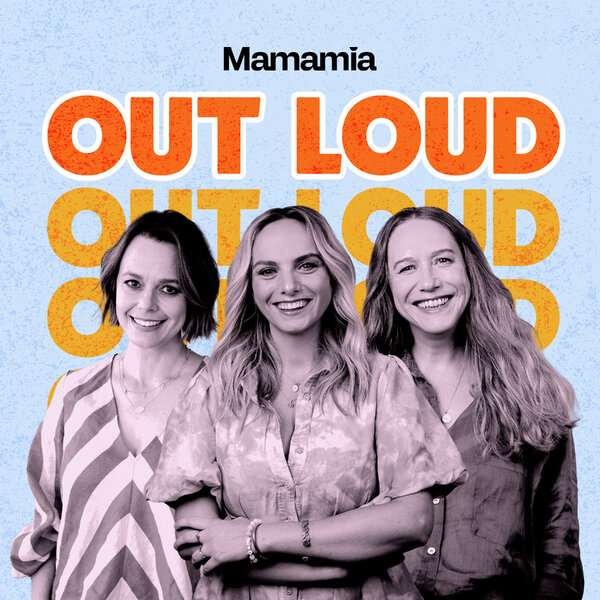
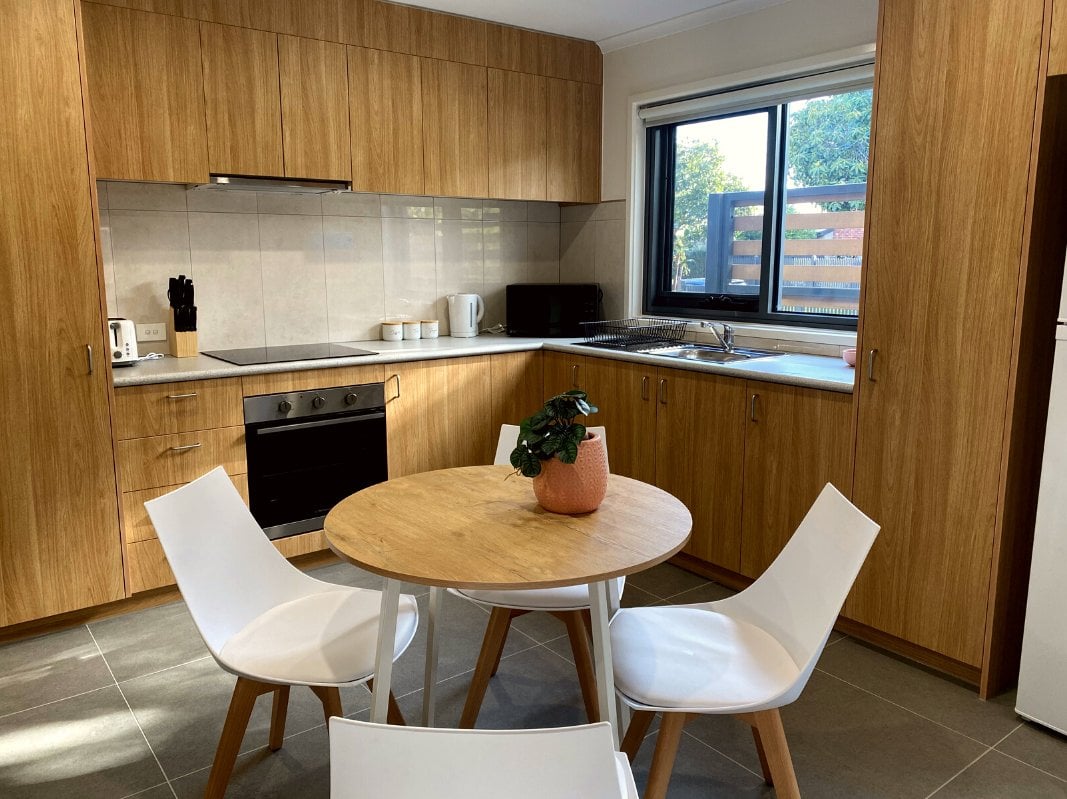
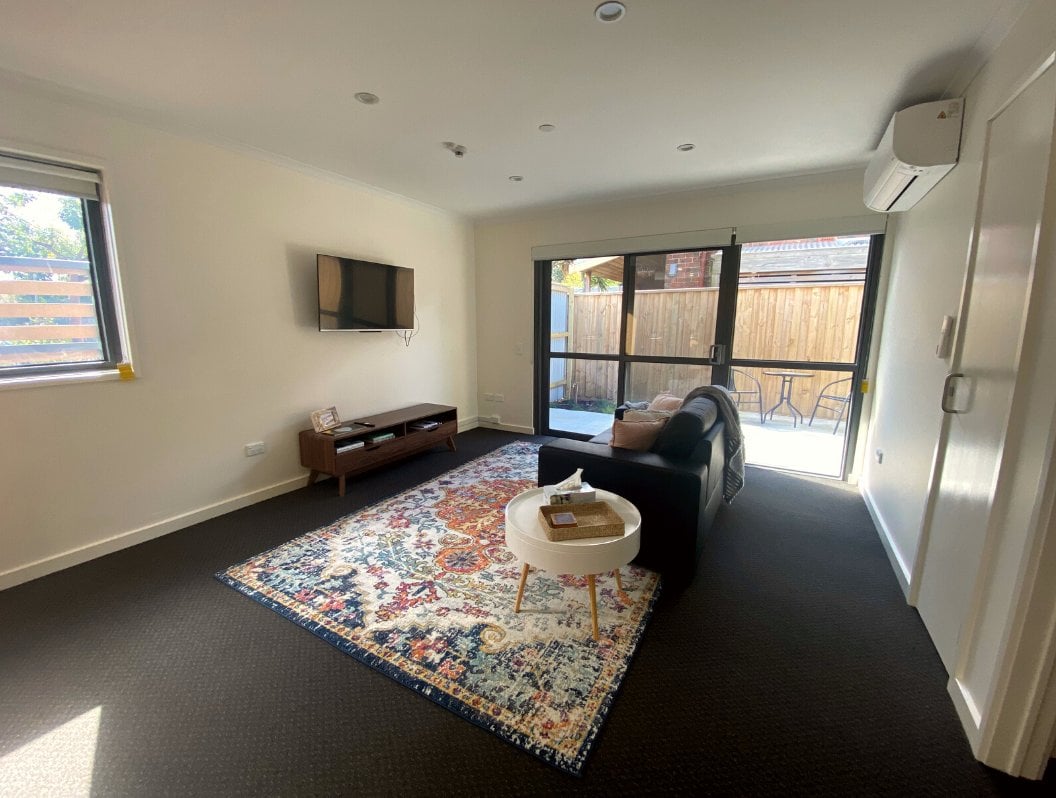
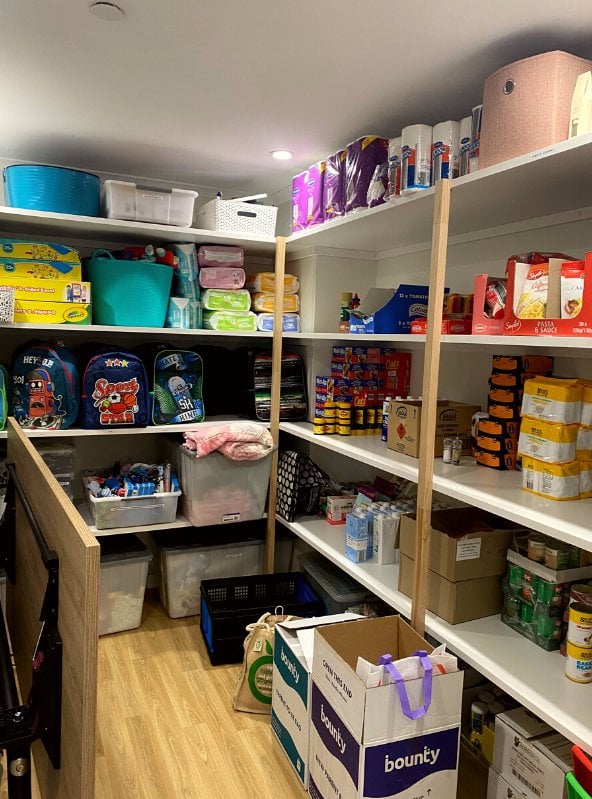
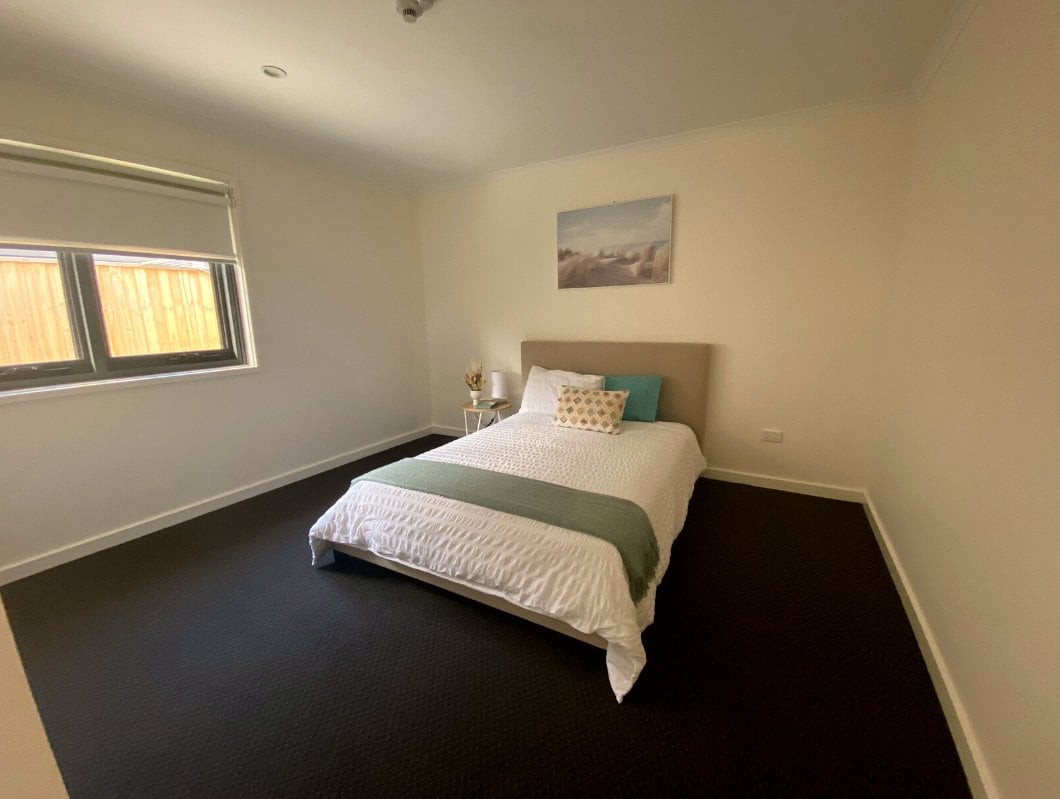
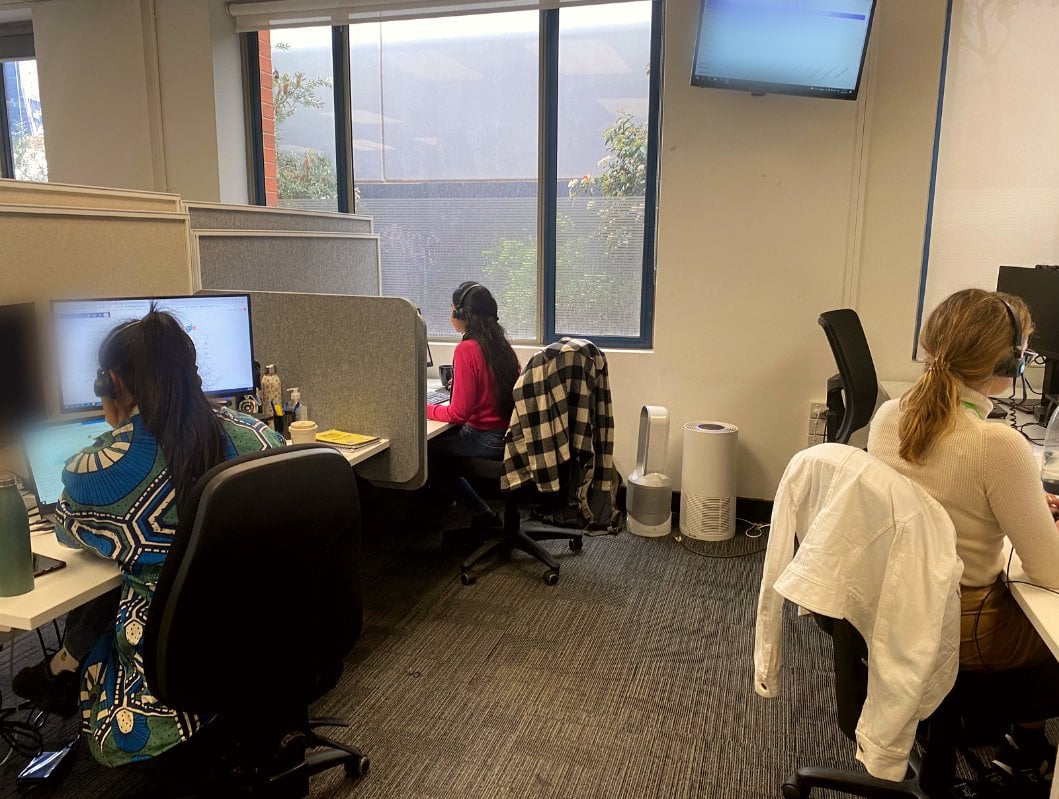
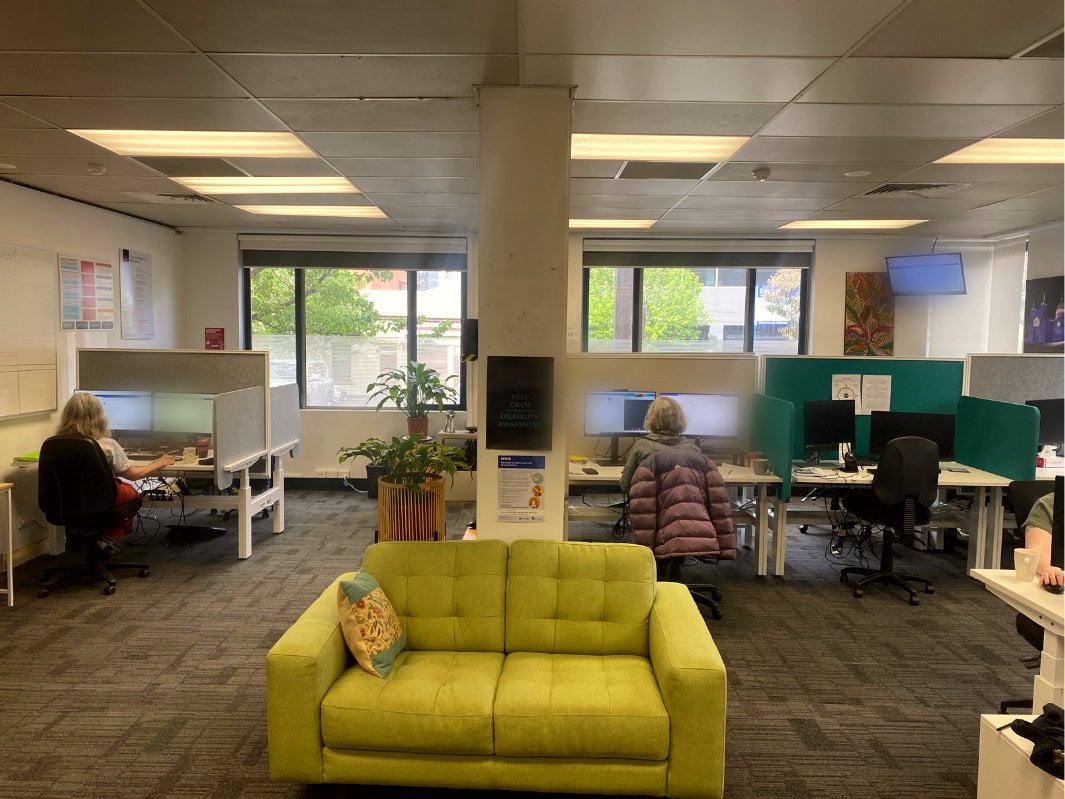
Top Comments